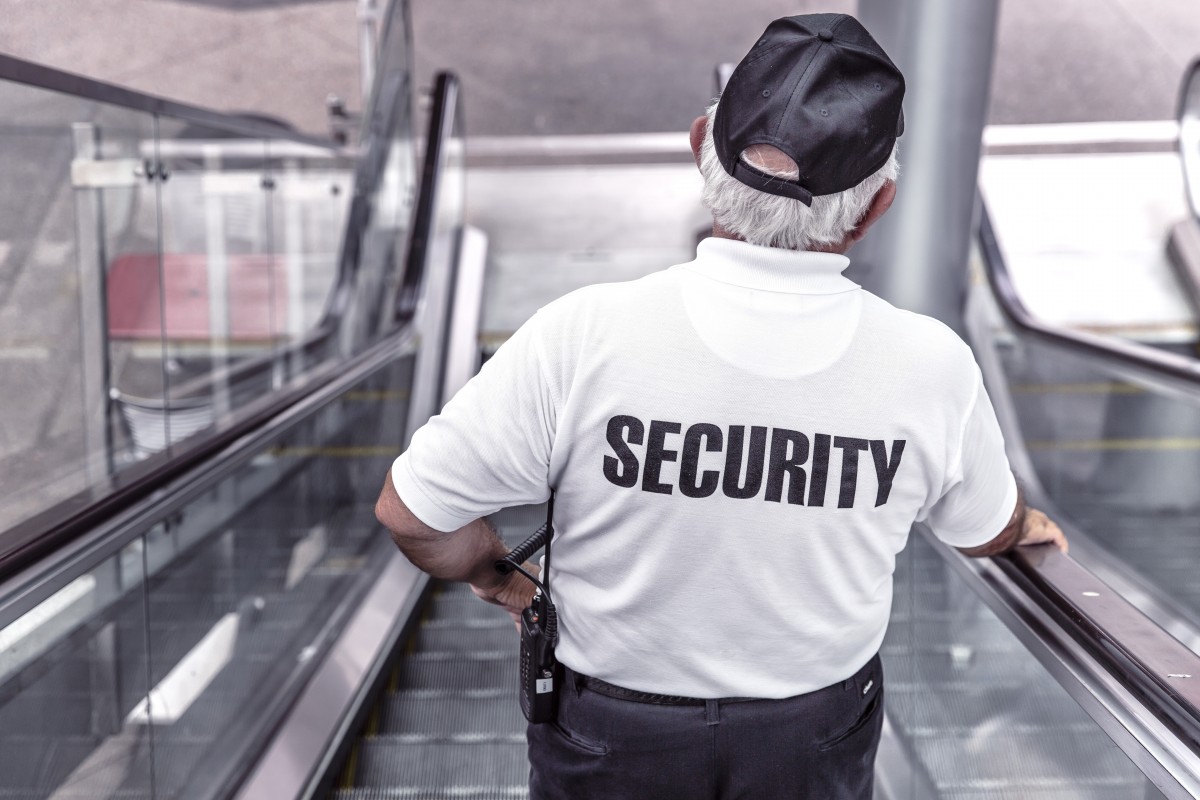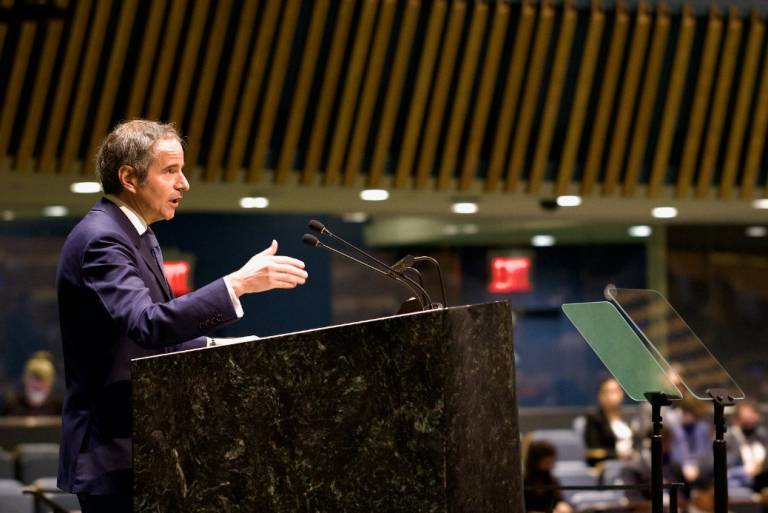Student Blog by Aino Kiiveri*
Globally, Finland has a reputation of having a low police-to-capita ratio and, on the other hand, high level of trust in police (Police University College 2020). This comes, arguably, with the notion that Finland is an increasingly safer country and does not require the same amount of policing that other countries do, or that the Finnish way of policing is more effective. While this is partially true – arguably Finland is one of the safest countries in the world – there is more to it than that. In Finland, much like in many other countries, the police have outsourced some of the more tedious tasks to private security companies (PSCs). The guarding of holding cells and transportation of prisoners, tasks which used to belong solely to the police, have been outsourced to PSCs, to name just a few examples (Ministry of the Interior 2021).
On a global level, outsourcing public security has become more and more common since the beginning of the 21st century. Nation states have been slowly moving away from the Weberian realist way of governing where only the state holds the right to engage in legitimate violence (Waters 2015), and instead leaning more towards forms of governing such as nodal governance, where responsibilities related to societal security are more diffuse and spread to different actors (Berndtsson and Stern 2011, 412). There’s an argument to be made that this delegitimizes power or takes it away from the state. However, it has also been argued that this increases the state’s capabilities, as it gives the state more ways of providing security, including operating through private companies (Abrahamsen and Williams 2009).
Outsourcing certain tasks which were previously solely handled by the authorities makes sense. Since the Finnish police are so few in numbers, and due to the way Finland is populated – larger populations in the few big cities, while being very sparsely populated elsewhere – it means that places outside of the big cities suffer from low policing. In Lapland, for example, it can take hours before police arrives on the scene due to the low number of patrol units and large distances covered by the police. In a situation like this it makes sense for businesses to hire their own guards. Indeed, the legislation has been amended quite recently to give guards the right to detain people until police arrive (Ministry of the Interior).
Ethical and practical dilemmas begin to emerge due to the grey areas in the legislation. Since privatized security in public places is a comparatively novel concept, there are certain aspects that need to be further improved. For example, in Finland there isn’t a national register for PSC contractors, meaning that there are cases of guards with prior misdemeanours, even violent behavior, being rehired. According to the Private Security Service Act guards and security stewards have the right to perform a security screening, apprehend offenders and, in limited number of cases, also use physical force (Ministry of the Interior 2021).
This is where issues begin to arise, in my opinion. Finland prides itself in having a selective and thorough training process to becoming a police officer, but as more and more of the tasks where police deal with the average citizens are being handed over to PSC contractors, who have considerably less, in some cases almost non-existent, training, the notions of “trust in police” and “good community relations” become moot. Can Finland continue to promote themselves as a country with highly trained police and having good relations with communities when it is the private security guards that are also responsible on everyday interactions with citizens?
We are somewhat numb to the presence of guards and other private security personnel, them having become such a constant in public places that they go almost unnoticed (Berndtsson and Stern 2011, 410). However, unlike the police, whose primary job is to protect the public and maintain order, PSCs are generally there to protect establishments and capital. The guards at the store are there to prevent shoplifting and to make sure the everyday running of the businesses remain undisturbed. Additionally, the lack of adequate training in guards, at least when compared to the police, creates possibilities of unnecessary profiling and unmitigated use of force.
PSCs are most likely going to be a permanent fixture in the modern world in terms of public security. However, the regulations need to be tightened further and a national database needs to be created. Additionally, if PSCs will continue to provide public security, their training should be regulated affectively, and increased in general, especially if they are keen in taking more roles that used to belong to the police.
* This student blog post has been done as part of the course SAFER.SG.310 Societal Security: Contemporary Challenges in the Masters Degree Programme in Security and Safety Management (SAFER) in fall 2021.
References
Abrahamsen, R. and Williams, M. C. (2009) “Security Beyond the State: Global Security Assemblages in International Politics.” International Political Sociology 3(1): 1–17.
Berndtsson, J. and Stern, M. (2011) “Private Security and the Public-Private Divide: Contested Lines of Distinction and Modes of Governance in the Stockholm-Arlanda Security Assemblage.” International Political Sociology 5 (1): 408–425.
Ministry of Interior. (2021). “Increased use of guards and security stewards”. Retrieved from https://intermin.fi/en/police/private-security-sector
Police University College. (2020) “Police Barometer: Finns continue to have strong confidence in police”, 15.7.2020. Retrieved from https://polamk.fi/en/-/police-barometer-finns-continue-to-have-strong-confidence-in-police.
Waters, T. and Waters, D. (eds.). (2015) Weber’s Rationalism and Modern Society: New Translations on Politics, Bureaucracy, and Social Stratification. New York: Palgrave Macmillan.





